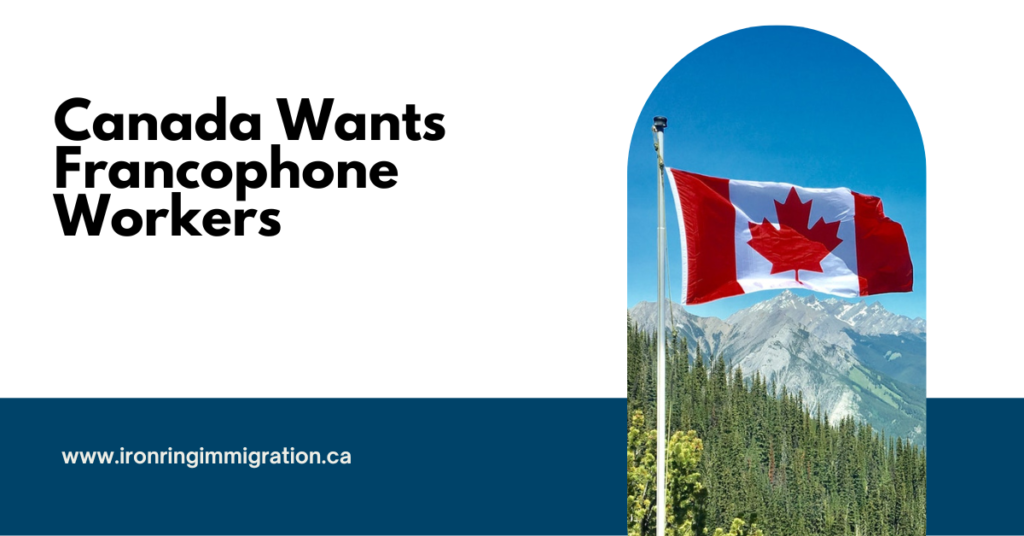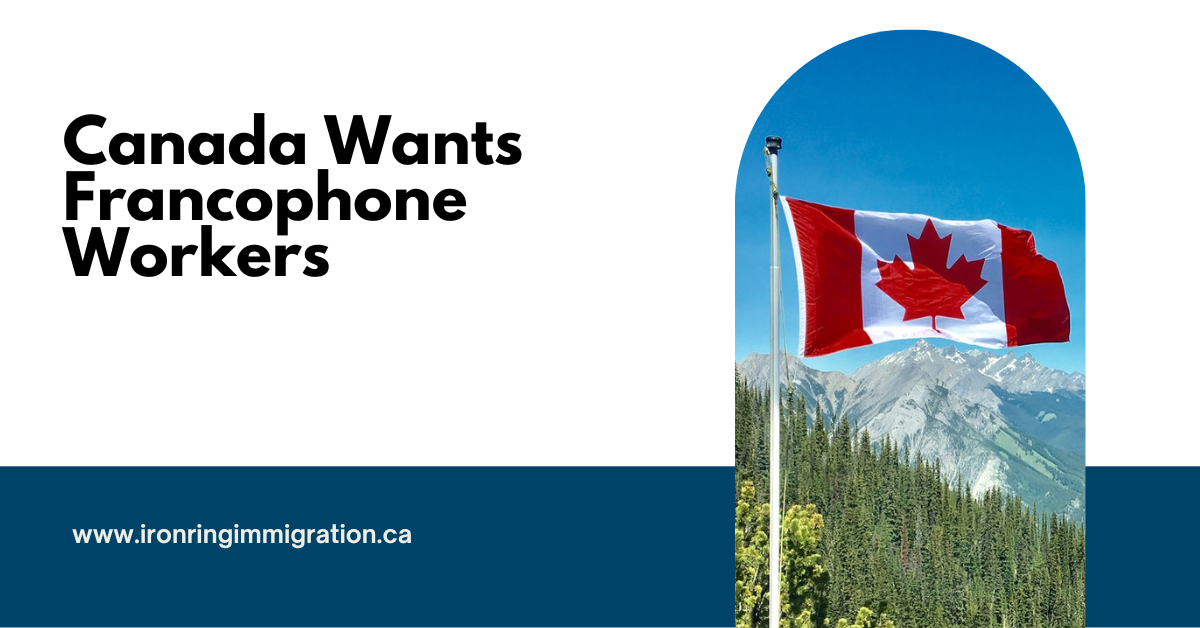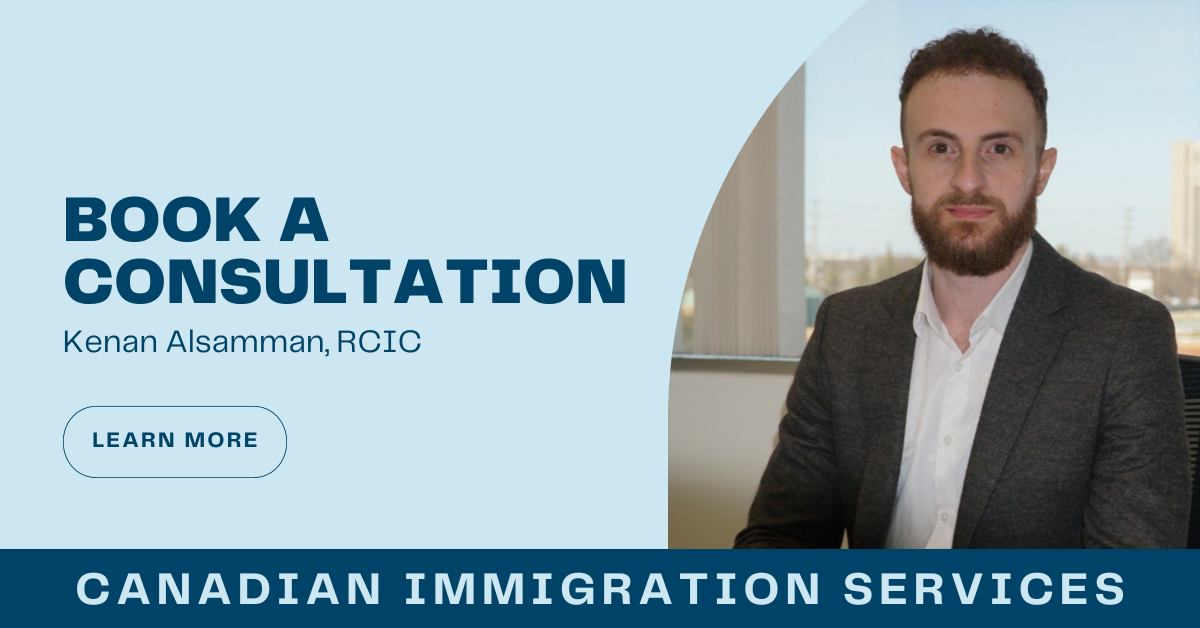
Canada Wants Francophone Workers
On 2023-06-15, the Minister of Immigration, Refugees and Citizenship Canada, Sean Fraser, announced changes to the Francophone Mobility Program. This program intended to bring French-speaking foreign nationals to Canada without needing a Labour Market Impact Assessment (LMIA). An LMIA is a document that employers need to apply for in order to hire most foreign workers. Once an employer obtained a positive LMIA, the foreign national could apply for a work permit.
New Changes
Previously, in order to be eligible for the Francophone Mobility Program, the foreign national would have to prove they speak French at an advanced-intermediate level (CLB/NCLC 7 which is the upper end of level B2 in the CEFR system). They would also need to work in a skilled occupation and must work outside of Quebec. This program was designed to bring French-speaking foreign nationals to other provinces in Canada instead of Quebec.
The Minister introduced a two-year change to the program to make it easier for Francophones to work in Canada. In order to be eligible for the Francophone Mobility Program, you must:
There are three ways to prove you speak French at a moderate level:
1. Take the TEF or TCF test from a language centre and obtain at least CLB/NCLC 5.
2. A diploma or degree from a French college or university.
3. Proof of study in a French-language institution.
As an immigration consultant, I am satisfied with these changes. The previous CLB/NCLC 7 standard was too high for most Francophones. I have had several clients fail their French test because they could not obtain this level, even though they are fluent in French. Reducing the standard to CLB/NCLC 5 is much better and will allow more Francophones to qualify for this program. I am also glad that this program applies to all occupations (except primary agriculture) because that means we can fill more jobs with French-speaking foreign nationals. I support the government's mission to increase Francophone mobility across Canada since French is one of Canada's official languages.
If you have any questions about coming to Canada, feel free to book a consultation by clicking the image below or visit the IRCC website.

